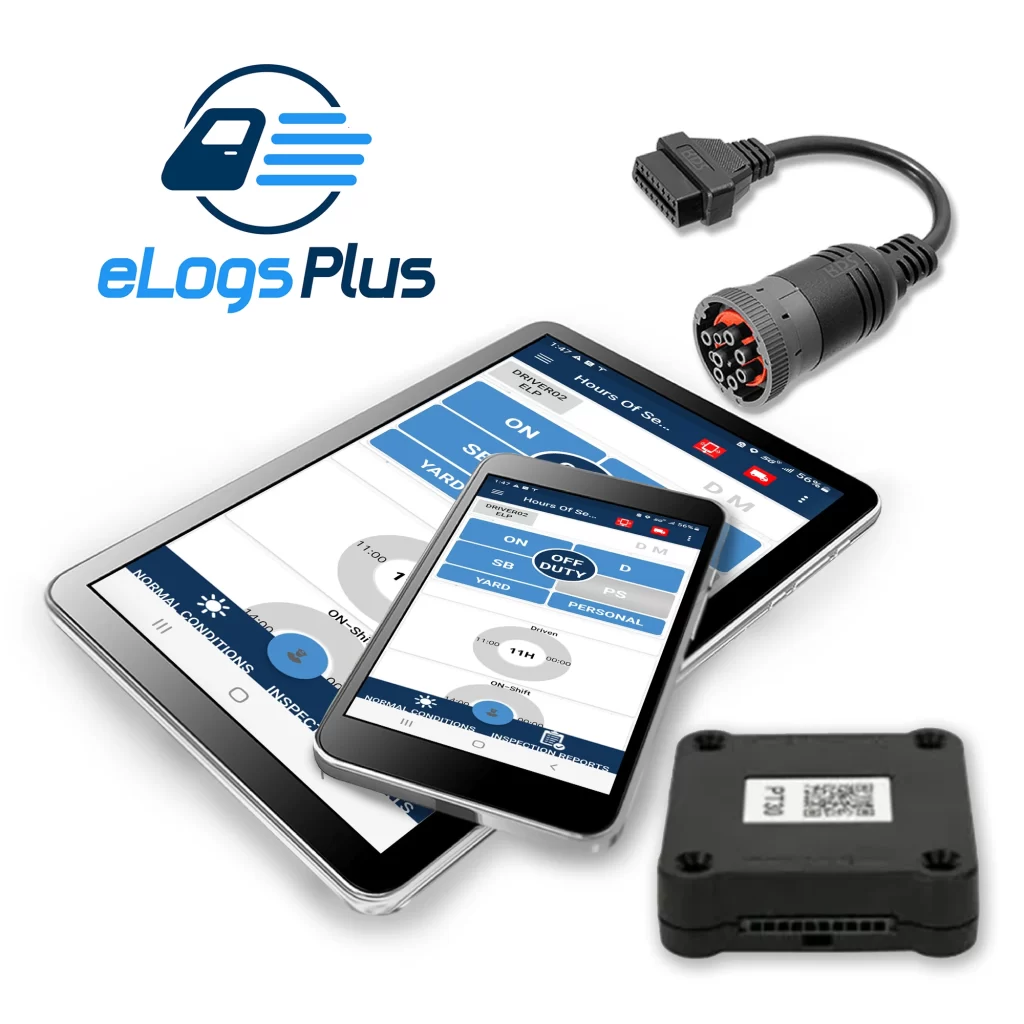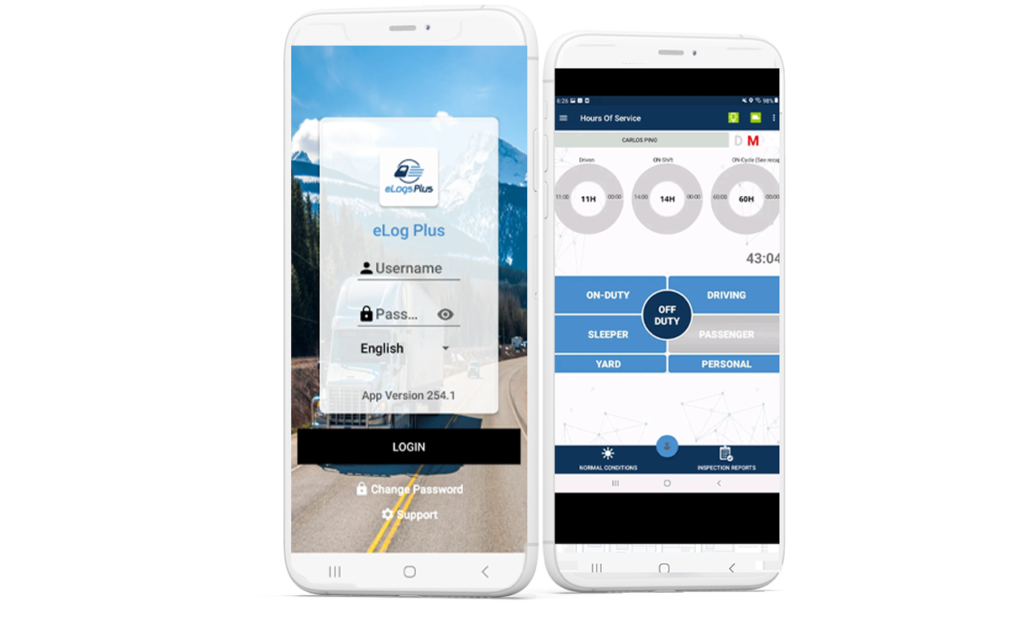
Our ELD, priced at just $19.99 a month
Comes with Electronic Control Module (ECM) Hardware, and there are no additional hardware costs. What sets us apart is our commitment to compliance – our device is not only FMCSA Compliant but also comes with a lifetime warranty.
- FMCSA Compliant
- No Hardware Cost
- Lifetime Warranty
Knowing when truck drivers need hours of service is crucial for ensuring their safety and compliance with regulations. The Hours of Service (HOS) regulations in the United States are governed by the Federal Motor Carrier Safety Administration (FMCSA). These regulations dictate the maximum amount of driving and working hours a commercial motor vehicle (CMV) driver can have in a given period. To determine when a truck driver needs hours of service, you can follow these steps:




Failing to adhere to HOS regulations can result in penalties for both drivers and employers, and more importantly, it can compromise safety on the road. By monitoring and managing hours of service effectively, you can help ensure the well-being of your drivers and maintain compliance with legal requirements.
Electronic logbooks, such as eLogs Plus, have become essential tools for truck drivers to streamline their operations, enhance efficiency, and reduce costs while ensuring compliance with regulations. Here are four tips for truck drivers to improve efficiency and costs when using electronic logbooks like eLogs Plus:
1.Consistent Data
3. Maintenance and Fuel Efficiency Tracking
2. Real-Time Monitoring and Alerts
4. Route Optimization and Planning
Incorporating these tips into your daily routine as a truck driver can help you maximize the benefits of electronic logbooks like ELogs Plus. By maintaining accurate records, staying compliant with regulations, monitoring your vehicle’s health, and optimizing your routes, you can improve efficiency, reduce operating costs, and enhance your overall productivity on the road.
Explore the platform through our overview and discover how it effectively addresses a company’s fleet needs, leveraging the power of Google Maps software for enhanced functionality and precision.
Buy Now
Join us on this exciting journey to transform your operations and drive your business forward. Contact us today to learn more about how eLogs Plus can make a difference for you.



